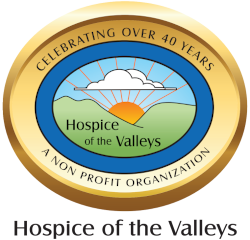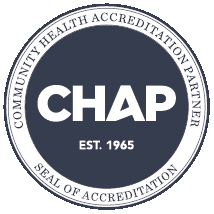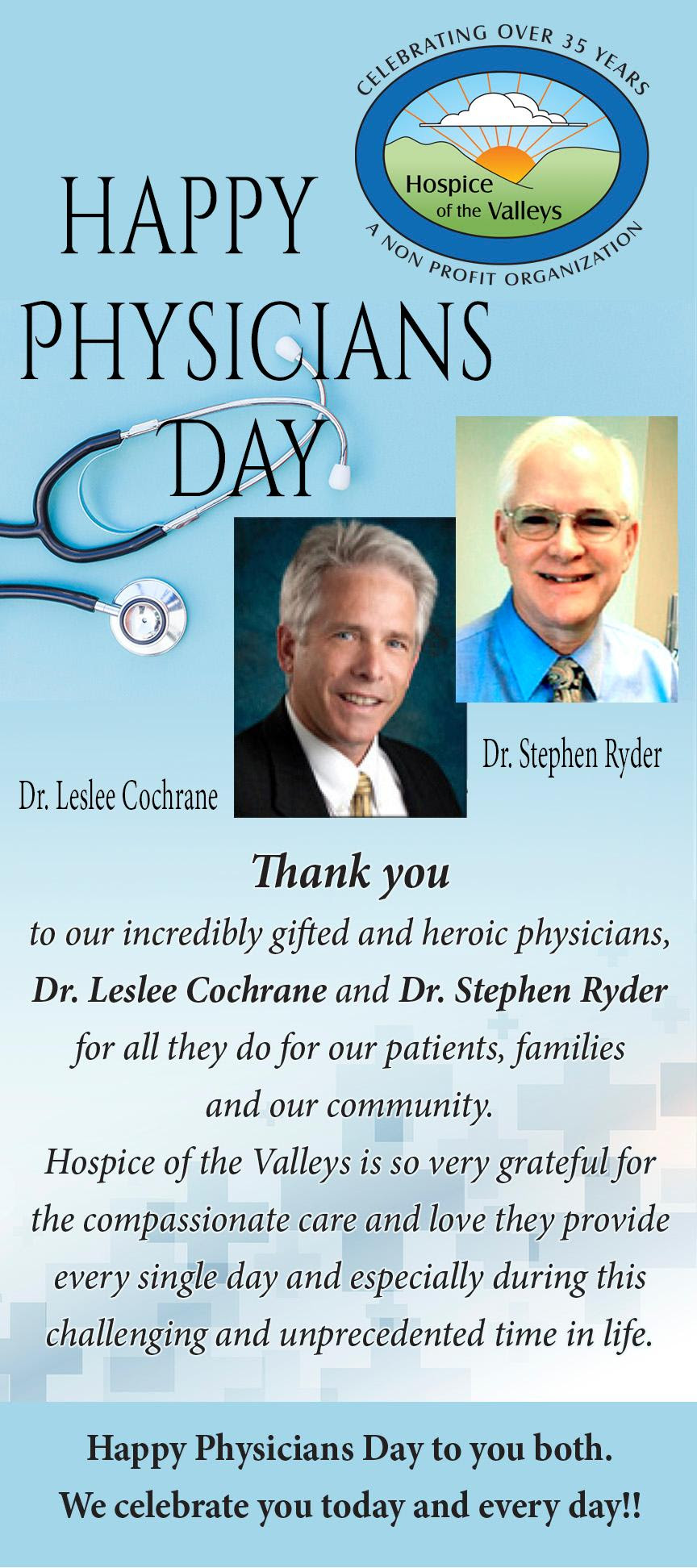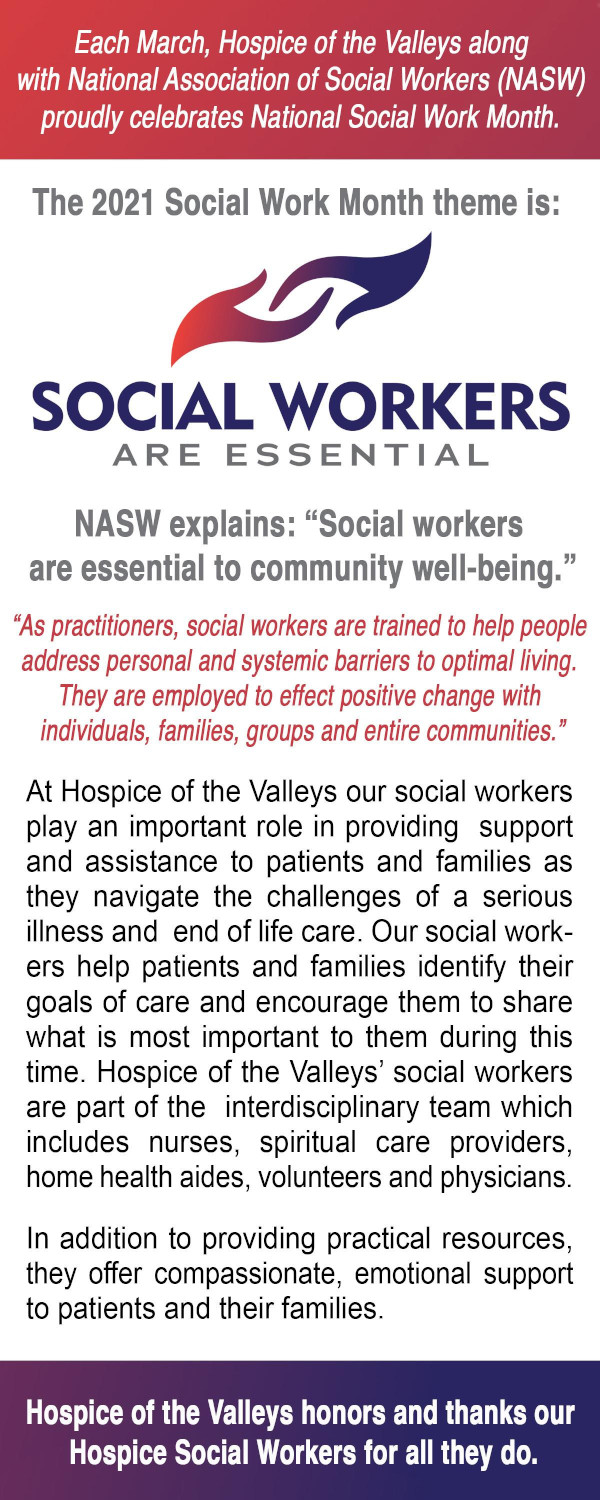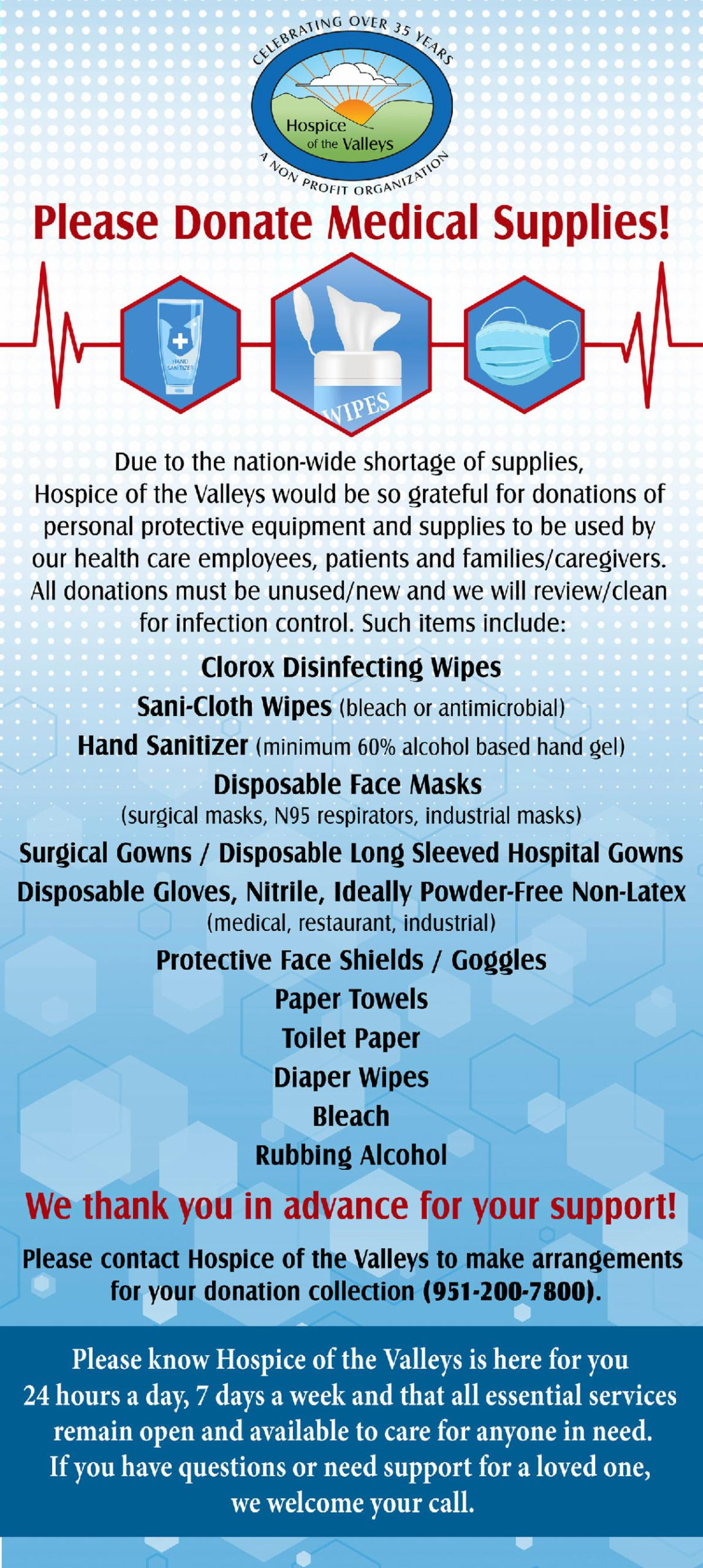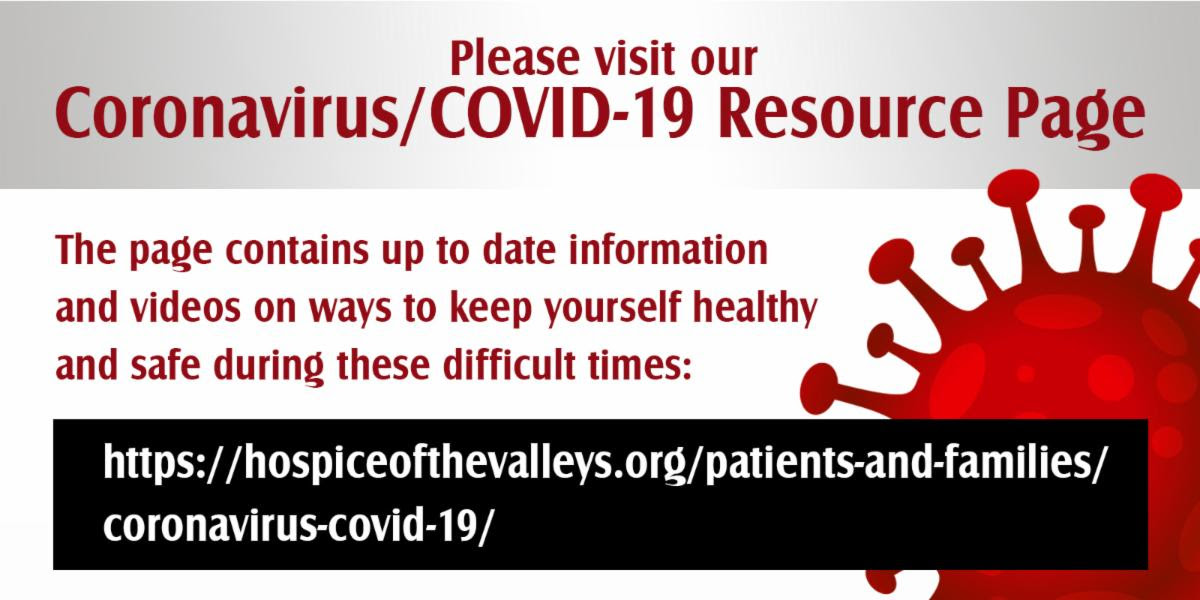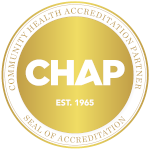Vitamin D deficiency has been linked to a wide variety of conditions including heart disease, osteoporosis, hypertension, muscle weakness, rheumatoid arthritis and numerous cancers. There is also a growing body of evidence, which shows that Vitamin D may be beneficial in preventing and reducing complications related to Covid-19. We know that people who have a Vitamin D deficiency are more susceptible to respiratory infections and there is evidence to suggest that those who take Vitamin D supplements are less likely to contract respiratory infections. Vitamin D may help to protect against Covid-19 by reducing the risk of respiratory infections, which are clearly a risk factor for developing Covid-19. Studies also seem to demonstrate that those patients who do not have a Vitamin D deficiency have less severe complications during Covid-19 infections, than do those with Vitamin D deficiency. This may be due to a reduction in the frequency of over activation of the inflammatory response, which may lead to serious consequences including respiratory failure and death.
Most people know that Vitamin D is necessary to maintain strong and healthy bones; but Vitamin D is also the only vitamin that is a hormone. Vitamin D requires sun exposure to become activated and then acts by regulating the levels of calcium and phosphorus in the blood stream, which in turn affects the bones, circulation system and immune system as well. One of the keys to maintaining optimal levels of Vitamin D is regular sun exposure. Your body actually needs at least 20 minutes of direct sun exposure two to three times per week (while not wearing sun screen) tin order to produce an adequate amount of Vitamin D.
People at increased risk for Vitamin D deficiency include the elderly, obese, dark skinned individuals, lactose intolerant individuals, and those with limited sun exposure. Common dietary sources of Vitamin D including fortified milk, salmon, tuna fish, and eggs. Because most people do not consume adequate quantities of these foods, vitamin D supplementation is necessary. If you are concerned that you may have a Vitamin D deficiency, the best way to determine your risk is by asking your healthcare provider to run a blood test to check your Vitamin D levels. If you need to take a Vitamin D supplement, please consult with your doctor. When considering supplements, you should understand that the recommended dietary dose of Vitamin D is 600 IU per day for adults between the age of 80 and 800 IU for those over 70. For most people, taking a supplement with 1,000 to 2,000 IU per day should be adequate. Because Vitamin D is a fat-soluble vitamin, excess amount can accumulate and cause adverse side effects and the risk of adverse side effects increase with doses above 4,000 IU per day. With the approach of spring, I encourage you to get outside for some fresh air, exercise and sunshine daily if possible. You might say it is "just what the doctor ordered".
